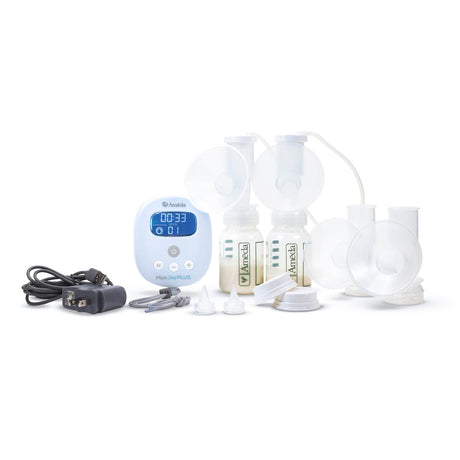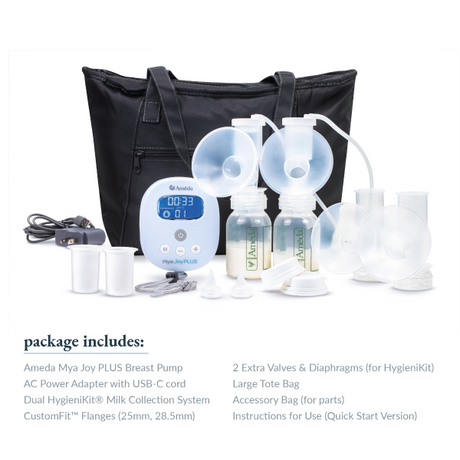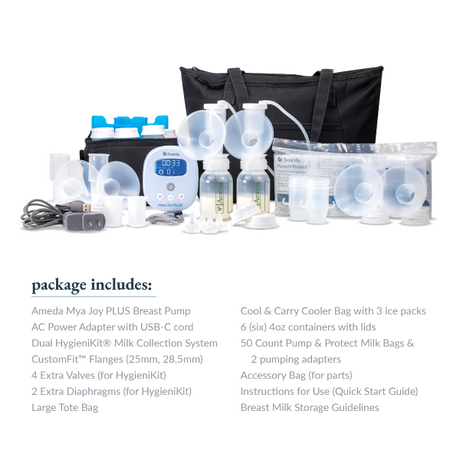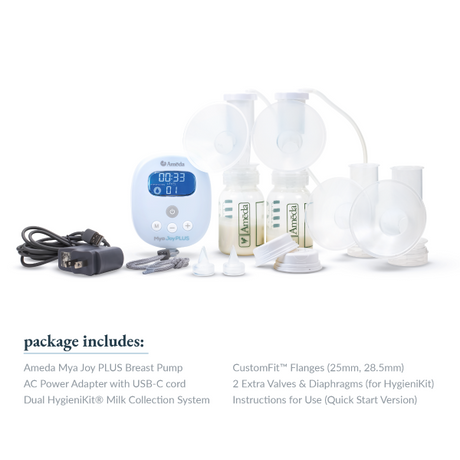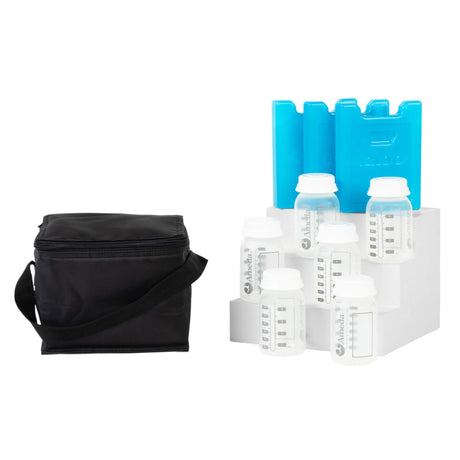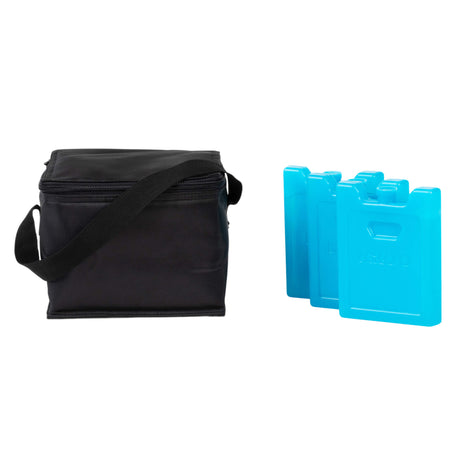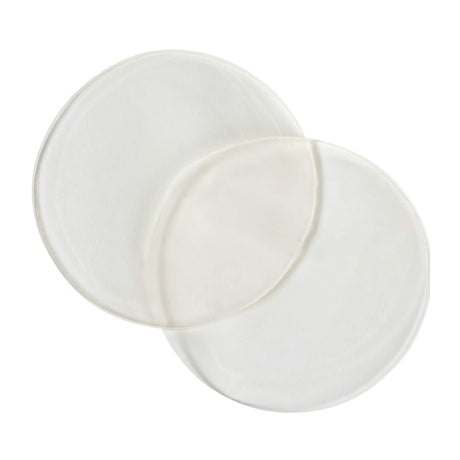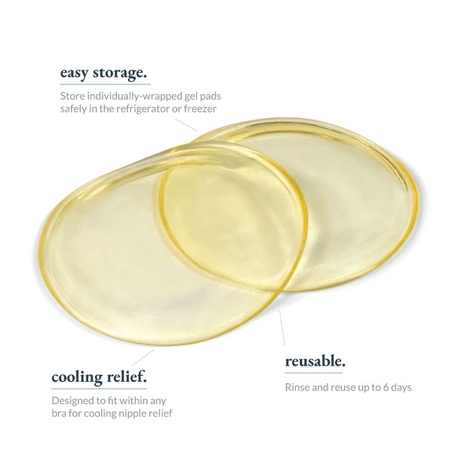Published:
As a new mom, your instinct is to protect your baby from any and all potential hazards, including germs. If your best friend or your father-in-law had a cold, you wouldn’t let either one of them hold your baby. So what do you do when you’re the one who’s under the weather?
Even if you’re scrupulous about hand-washing, you may feel funny about breastfeeding while you’re ill. After all, you wouldn’t share a glass with someone who was sick. You may be worried that your breast milk could be brimming with germs and that by continuing to nurse your baby, you’ll be passing along your ailment. Fortunately, this couldn’t be farther from the truth. Continuing to breastfeed your baby while you’re recovering from an illness is the right thing to do in nearly every instance. Not only will you provide your baby with the nourishment that she needs while maintaining your close bond, your breast milk will have a protective effect, making it much less likely that your baby will come down with what you’ve got.
If you have any of these health problems, read on to learn what you should do:
A common cold
When you’re coughing, sneezing and sniffling, you want to do everything in your power to make sure that your baby doesn’t get sick, too. Breastfeeding is an effective way to encourage your baby to remain healthy. Breast milk is protective against the common cold. Some research has shown that breastfed babies were less susceptible to the common cold as 1-year-olds.
If you’re feeling lousy and you need a nap to recover, by all means, take a sick day. But don’t stop breastfeeding your baby. Provide your partner, your mom or a babysitter with enough pumped breast milk to give you a few solid hours of rest.
The flu
It can be worrisome if you’ve got the flu while you’re breastfeeding, because babies are susceptible to flu complications, especially those younger than 6 months old (because they aren’t old enough to be protected by the flu vaccine). However, it’s important to continue breastfeeding your baby while you have the flu. Breast milk has a protective effect against a number of respiratory illnesses, including the flu. The disease isn’t transmitted through breast milk; rather, it’s mainly spread when miniscule flu-virus particles are coughed or sneezed out. It’s important to supply your baby with breast milk, even if you aren’t well enough to be around your baby.
Pump milk the entire time that you’re sick to ensure that you can maintain your breast milk supply. Some women may find that their milk supply decreases somewhat when they have the flu. You may want to get advice from a lactation consultant if you notice a dip in your production. Be sure to wash your hands thoroughly before you feed your baby or use your pump, because the flu virus is likely to be on your hands if you’ve recently coughed, sneezed or blown your nose.
Food poisoning
When you have diarrhea or you’re vomiting because of something that you ate, it’s still safe to breastfeed your baby. In fact, your breast milk can help to protect your baby from whatever has caused your food poisoning. Because having a stomach bug can be very dehydrating, it’s important to drink extra fluids while you’re recovering. (Call your doctor if you aren’t able to keep down liquids after a few hours.) It’s always wise to rehydrate when you’re breastfeeding, but when you’ve lost extra fluids due to illness, it’s even more crucial.
If you’re thinking about taking anti-diarrheal medication, check first with your doctor, a pharmacist or your baby’s pediatrician. Some of the active ingredients in certain anti-diarrheal drugs can be transferred to your baby through your breast milk, so you’ll need a recommendation for a drug that’s safe to take.
Urinary tract infections
They’re uncomfortable, but urinary tract infections won’t interfere with your ability to breastfeed your baby. The typical treatment for a UTI is a course of antibiotics. Virtually all antibiotics pass from mother to baby in breast milk, so it’s important to let your doctor know that you’re breastfeeding when he prescribes medication for your UTI. Some antibiotics are safer than others, but many are safe for breastfeeding moms to take.
Herpes
If you get cold sores around your mouth regularly, you may have the herpes simplex virus. There are two forms of herpes, both of which can cause open sores or blisters around the mouth or on the genitals. Occasionally, sores or blisters can appear on the breasts or nipples, too. The herpes virus is extremely contagious when sores or blisters are present, and herpes can cause serious illness in babies, so it’s best not to breastfeed your baby if you have active herpes sores on your breasts. But you may not have to wean your baby: Talk with your doctor or your baby’s pediatrician for personalized advice.
Many doctors say that it’s safe to breastfeed if the herpes sores are not on your breasts and they’re completely covered up, so that your baby can’t come into contact with them. If you have an open sore on your breast, you can still feed your baby from the other breast, as long as the breast sore is completely covered. You can keep up your milk supply in the affected breast by pumping on that side. Be sure to dispose of the milk, instead of giving it to your baby, since it will have come in contact with the herpes virus. Clean your breast pump thoroughly after pumping.
If your doctor allows you to maintain your milk supply so that you can resume breastfeeding once your active sores heal, wait until your doctor examines you and confirms that you no longer have active herpes sores before you begin breastfeeding with the affected breast once again.

Thrush
The same type of fungal yeast that can cause vaginal yeast infections or diaper rashes can also cause oral thrush, which can affect your baby’s mouth and your nipples. Thrush can spread easily, so it’s important that you get treated quickly. If your nipples itch, burn, look red or pink, are cracked or are covered in small blisters, see your doctor for treatment. She may prescribe topical medication.
Even though thrush spreads easily, you should continue to breastfeed your baby. Your doctor will likely recommend that you and your baby get treated for thrush simultaneously, even if only one of you has symptoms. Antifungal medication is applied to the inside of your baby’s mouth, and the same type of antifungal medication is applied to your nipples, so it’s safe for your baby to come into contact with your breasts while you’re being treated.
It may take a week or two for thrush to disappear. While you’re still affected, wash your hands well before touching your baby or your breast pump, and boil all of the parts of your breast pump that come into contact with your breast milk once a day. It’s also helpful to change your disposable breast pads frequently, let your nipples air dry before covering up your breasts again after feeding or pumping and switch into a clean bra every single day.
Mastitis
Some women who breastfeed will develop mastitis, a breast infection that can cause fever and flu-like symptoms, as well as redness, swelling and pain in the breast. To help you heal, your doctor will prescribe oral medication – typically antibiotics – that are safe for breastfeeding moms to take.
Your doctor will recommend that your baby breastfeeds often when you have mastitis – perhaps every two hours – because removing milk regularly from your affected breast can help you heal. You can also use your breast pump to remove milk every couple of hours, especially if it’s too painful to endure your baby latching onto your breast.

DISCLAIMER: Ameda strives to present you with accurate and useful breastfeeding information. This article may contain information and ideas that are not necessarily the views of Ameda. It does not constitute medical advice. If you have any questions please contact your healthcare professional.


